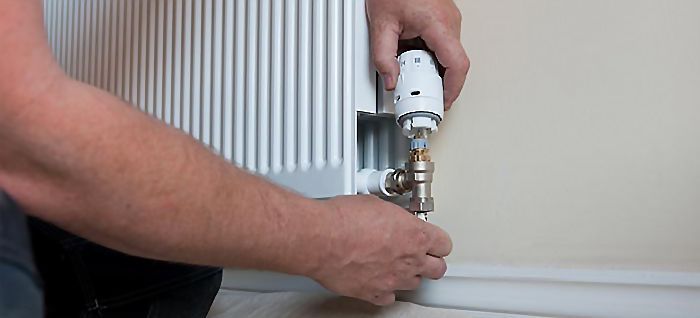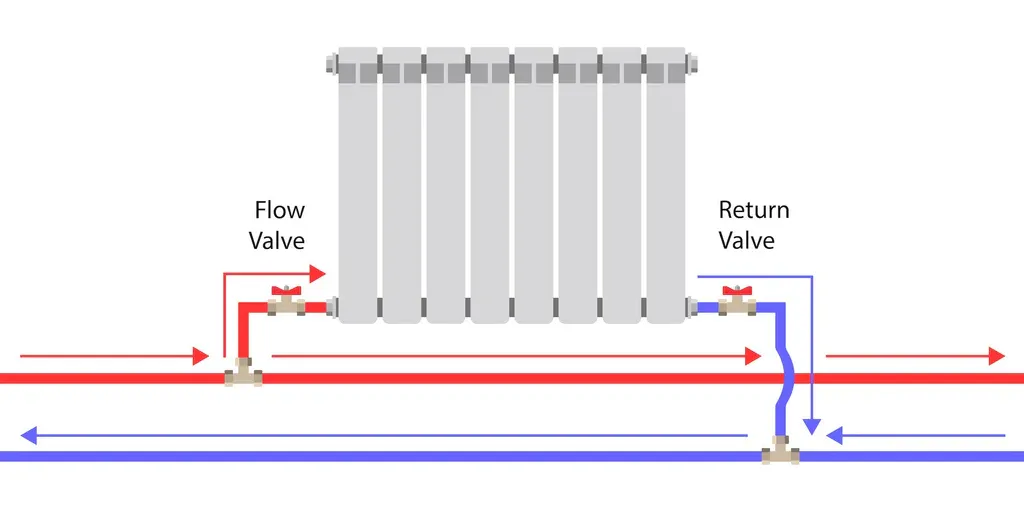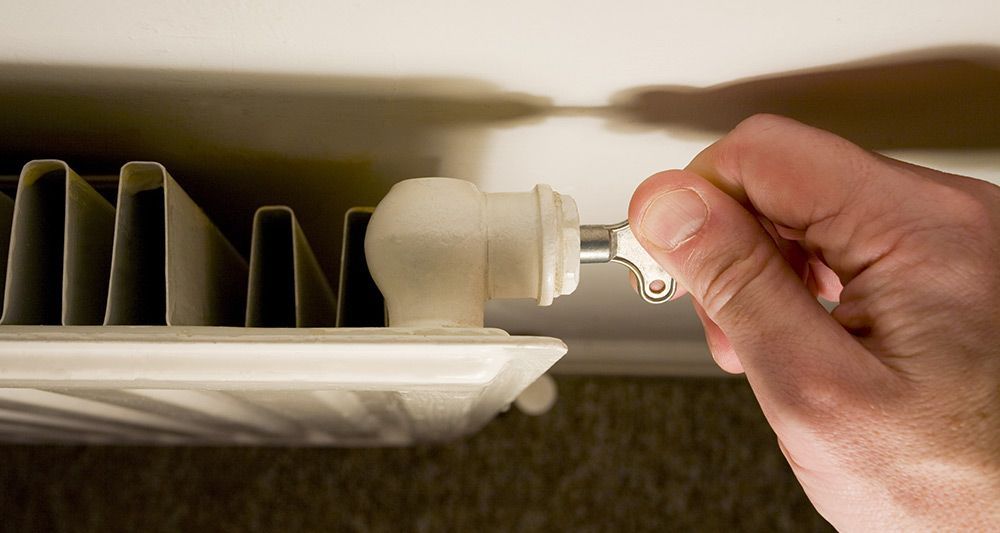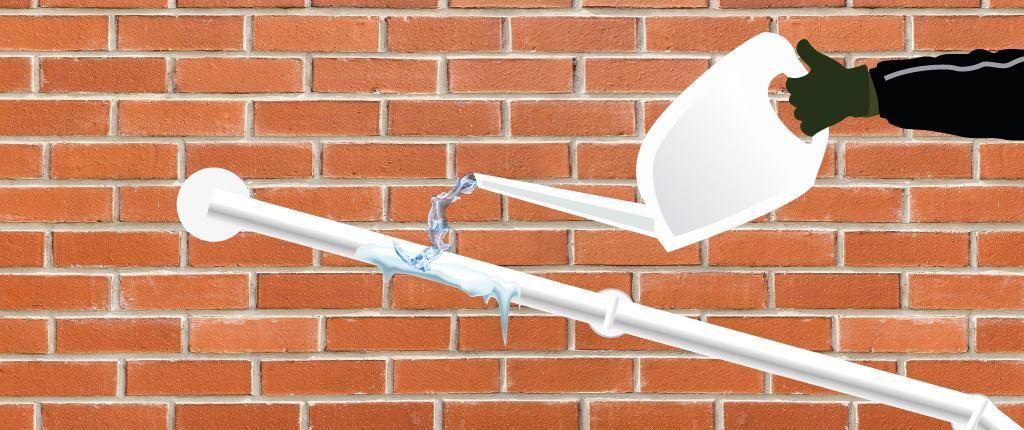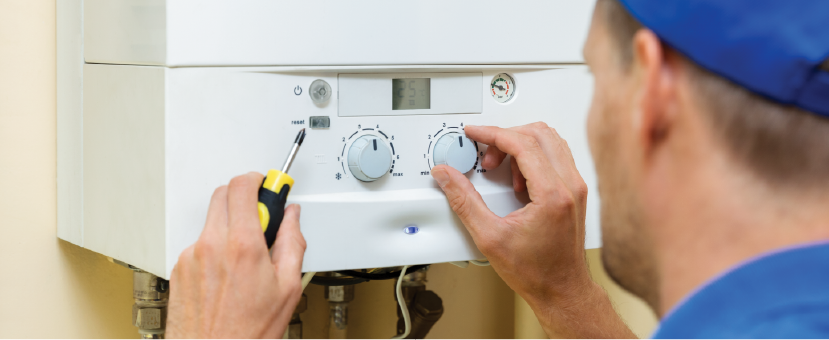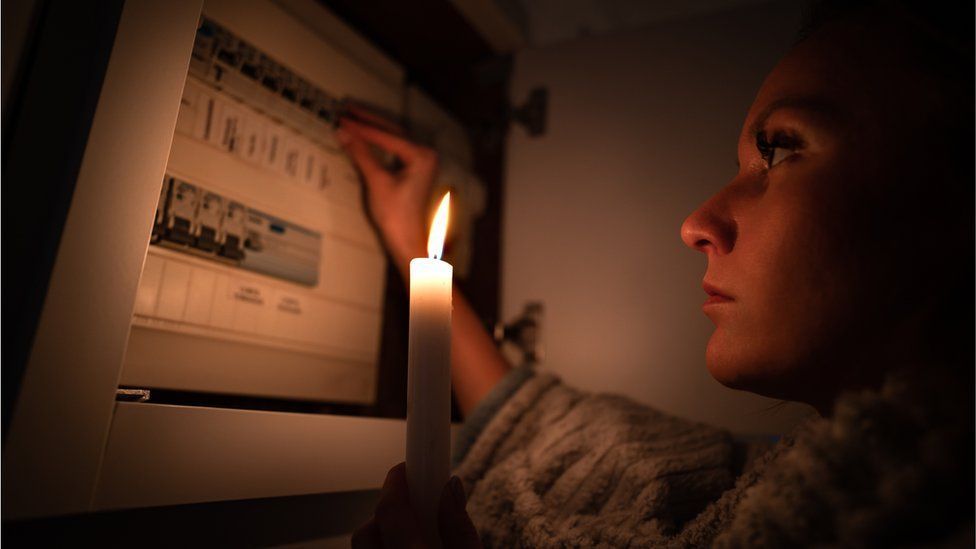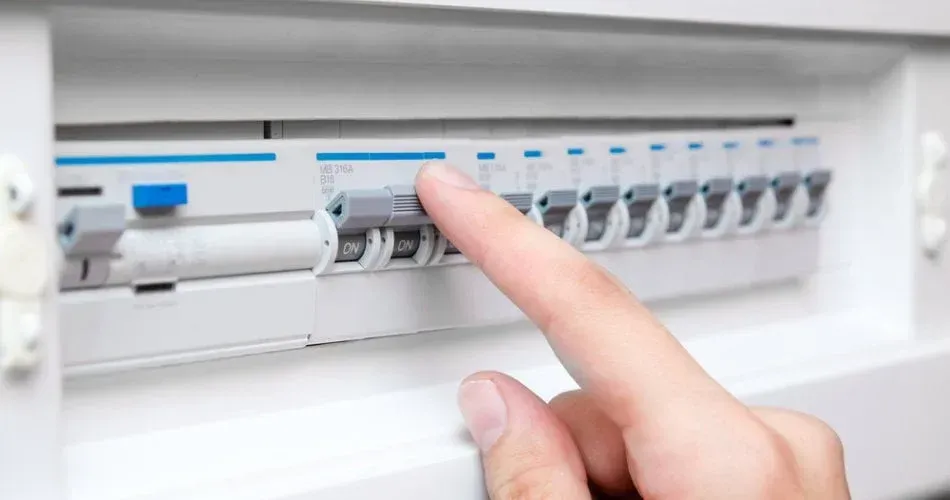My Boiler is making strange noises, whats wrong with it?
Find out why your boiler is making strange noises
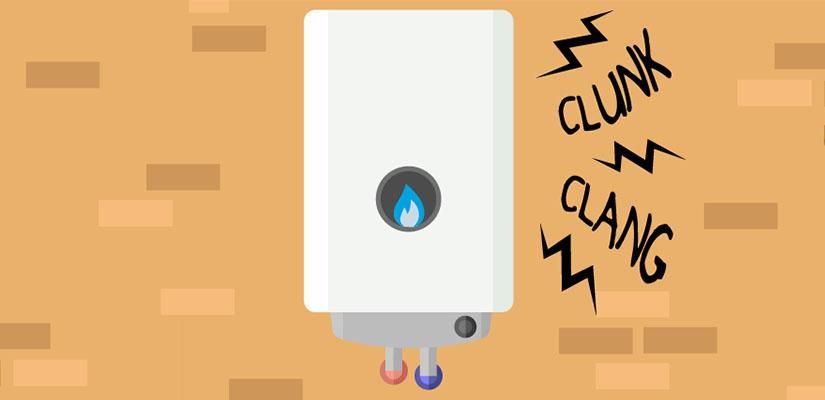
Understanding why your boiler is making strange noises involves a deep analysis into the working of a boiler and the common problems that might be faced by boiler owners. There are several possibilities, so let me walk through them in detail:
1. Air in the System: The most common reason why a boiler starts making a whistling noise is due to the presence of air in the system. Often compared to the sound of a boiling kettle, it could be indicative of air trapped inside the boiler system. Typically, a heating system is filled with water, but occasionally air can get in. When the water heats up and starts flowing through the pipes, it can cause the trapped air to get pushed around resulting in this sound.
An established solution to this problem is to 'bleed' your radiators. The process involves releasing a valve on each radiator in your home to remove the trapped air. However, if the problem persists, you might have a more serious issue such as a leak in the system that's allowing the air to enter. In this case, contacting a professional heating engineer would be required for a proper analysis and solution.
2. Low Water Pressure: A typical cause of a gurgling sound in a boiler is low water pressure. The boiler has a water pressure gauge. If the value shown on the gauge is below 1, that means your boiler's water pressure is low. Under these circumstances, the boiler struggles to circulate water, leading to a gurgling sound.
To amend this issue, you would need to slowly open the filling loop valves to introduce more water into the system. As water enters the system, the pressure should rise and the gurgling sound should cease. However, chronic low water pressure could require a certified professional to inspect the system. The low water pressure could be caused by issues such as a leak in the heating system, or even a faulty pressure relief valve.
3. Limescale or Sludge Build-Up: If you hear a noise from your boiler that sounds like a kettle boiling or a loud rumbling, it may be due to limescale or sludge build-up inside the boiler’s heat exchanger. This is a common issue in areas with hard water. Limescale deposits or sludge can restrict the water flow within the heat exchanger which can cause the water to boil, steam and expand, leading to the 'kettling' noises.
This problem can be resolved by a 'powerflush' of the system. A powerflush is a cleaning process which aims to remove deposits of sludge, rust and any other debris from your central heating system. A professional usually carries out this process using chemicals and a high-volume, low-pressure pump to clear the blockages.
4. Faulty Boiler Parts: Finally, strange noises can sometimes be caused by an issue with a particular component within the boiler. For example, if you hear a loud humming noise, it could suggest a problem with the pump - if it's on its way out, it may start to make this humming noise. Other noises could indicate issues with the fan or the heat exchanger.
In these cases, monitoring the boiler and understanding when the noise occurs can help diagnose the problem. For instance, if you realize the sound only emerges when the hot water is turned on, the issue could be with the diverter valve.
Old boilers especially are prone to various malfunctions, so if you have an ageing heating system, it might be a good idea to consider getting a new, more energy-efficient model.
In conclusion, it's important to keep in mind that while these are common reasons, they are not exhaustive and the noise could have other underlying causes. Regular maintenance is key to keeping these problems from spiraling out of control. However, as boilers deal with gas, it is crucial that you never try to fix the problem yourself. Always work with a Gas Safe registered engineer who can properly diagnose and fix the problem, ensuring your home is safely heated.


